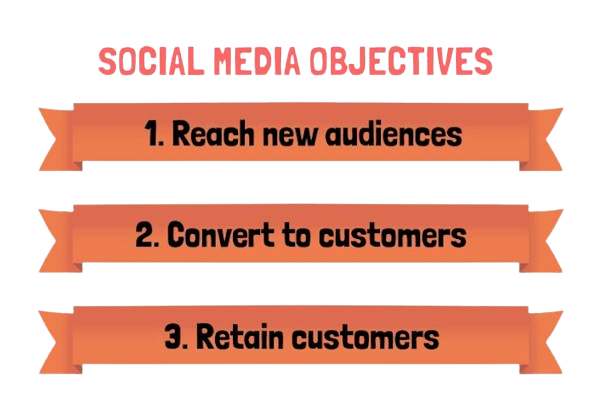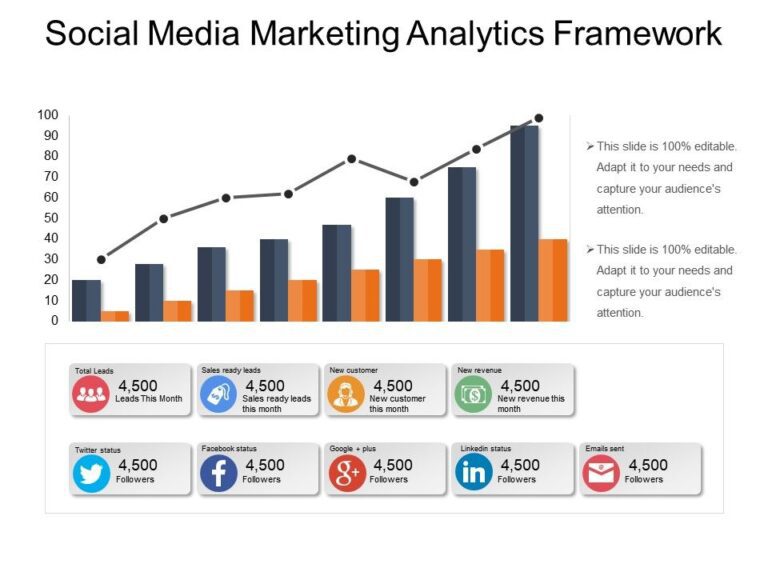- In today's digital age, social media has become an indispensable tool for businesses to reach and engage with their target audience. With billions of active users across various platforms, social media marketing has emerged as a powerful strategy to build brand awareness, drive traffic, and increase sales. However, with fierce competition and constantly evolving algorithms, it's essential for businesses to adopt effective strategies to stand out in the crowded social media landscape. Here are some proven strategies that can help businesses succeed in their social media marketing efforts:
1. Define Clear Objectives
- Before diving into social media marketing, it's crucial to define clear objectives. Whether it's increasing brand awareness, generating leads, driving website traffic, or boosting sales, having specific goals will guide your strategy and help measure its success.

2. Know Your Audience
- Understanding your target audience is key to crafting relevant and engaging content. Conduct market research to identify your audience's demographics, interests, and pain points. This knowledge will enable you to tailor your content to resonate with your audience and build meaningful connections.

3. Choose the Right Platforms
- With numerous social media platforms available, it's important to select the ones that align with your target audience and business goals. Whether it's Facebook, Instagram, Twitter, LinkedIn, or TikTok, each platform caters to different demographics and content formats. Focus your efforts on platforms where your audience is most active.

4. Create Compelling Content
- Content is king in social media marketing.From eye-catching visuals to informative videos and engaging captions, create content that captivates your audience's attention and encourages them to interact with your brand. Experiment with different formats and styles to keep your content fresh and engaging.

5. Consistency is Key
- Consistency is crucial for building a strong presence on social media. Establish a consistent posting schedule to keep your audience engaged and maintain top-of-mind awareness. Whether it's daily, weekly, or bi-weekly, find a posting frequency that works for your audience and stick to it.

6. Engage with Your Audience
- Social media is a two-way conversation. Don't just broadcast your message; actively engage with your audience by responding to comments, messages, and mentions. Encourage dialogue, ask questions, and solicit feedback to foster a sense of community and build trust with your audience.

7. Leverage Influencer Marketing
- Influencer marketing can be a powerful way to reach a larger audience and build credibility for your brand. Identify influencers in your niche who align with your brand values and target audience, and collaborate with them to create authentic content that resonates with their followers.

8. Track and Analyze Performance
- Measuring the success of your social media marketing efforts is essential for optimizing your strategy and achieving your goals. Utilize analytics tools provided by social media platforms to track key metrics such as reach, engagement, website traffic, and conversions. Analyze the data regularly to identify trends, understand what's working, and make informed decisions.

Conclusion:
- In conclusion, social media marketing offers immense opportunities for businesses to connect with their audience, build brand awareness, and drive business results. By implementing the right strategies, businesses can effectively leverage the power of social media to achieve their marketing objectives. From defining clear goals and knowing your audience to creating compelling content and engaging with your audience, success in social media marketing requires a strategic approach and ongoing effort. Keep experimenting, adapting to changes, and refining your strategy to stay ahead in the ever-evolving world of social media.



